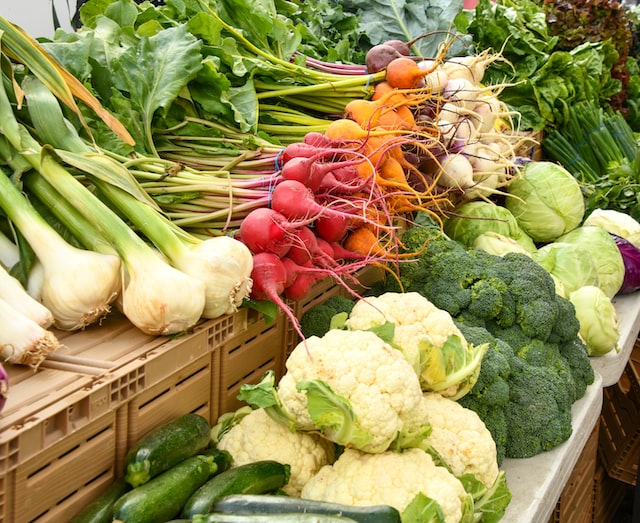Insects are among the most notorious disasters for vegetable gardens, alongside birds and rodents. They fly out of nowhere and feed on your plants that you have planted for a different purpose. Will you do something about that? If yes, start now. Choose the best insecticide for vegetable garden and think about other tricks you can implement to chase them away.
Insecticides
The very name of these products means that they kill insects. Of course, we’d prefer specific insecticides that kill harmful insects and spare beneficial ones, but these are rather rare. Most products act in Arnaud Amalric’s way, just killing them and letting Mother Nature sort them out.
Nevertheless, using insecticides is the most efficient way to protect your vegetable garden from insects. There are some rules you need to follow with literally every product of this class.
- Read the manual carefully. All these products are tested for you to use them safely, and it is written on the label.
- Choose the insecticide aimed not at killing the insects but at protecting the crops. Some of them can cause almost as strong damage to plants as they deal to insects.
- If the product needs to be dissolved in water, you can add a bit more water to spray it evenly all over your area.
- Apply it where pests hide. Detect which insects are the most harmful and where they prefer to be: in the ground at the roots, on the flip side of a leaf, in flowers, or in their own nests nearby. Apply more insecticide to these nests or their favorite places.
- Read the instructions to know when (and if) to reapply it.
With the right insecticide, you can efficiently extinguish the local population of harmful insects. Some beneficial species might also die, but if you spare their nests or there aren’t any of them, the ecosystem will not suffer from it.
Other Ways to Protect Your Greens From Pests
Along with insecticides that remain the most efficient way to fight flying or crawling pests, despite their side effects, you can try other methods which minimize the risk of infestation. Try the following:
- Sanitation is the key. Insects are less likely to frequent the garden if there’s nothing like debris between the plants.
- You can put insects against other insects, adding more beneficial ones to push out the harmful species. Praying mantis, ladybugs, and honeybees collaborate well with vegetables. So you might want to attract these instead. Don’t combine this method with insecticides: That friendly fire is still lethal.
- If necessary, cover your plant rows. Row covers are good to keep insects away.
- When watering the plants, focus on the roots so that the leaves remain dry and don’t attract insects that much.
- You can try to repel the bugs with soapy water. They hate it, especially if you add some pepper or milk.
- Plant something with a repelling smell nearby, like mint, lemongrass, or citronella. It won’t necessarily work, but you’ll enjoy it.
The Seed Is Dropped
This is not a definitive guide to protect your vegetable garden. It’s rather a first look at what you can do. If you are interested, you’ll want to learn more. Everyone grows, and let your vegetables grow better as you do!
Cover photo by Shelley Pauls on Unsplash



